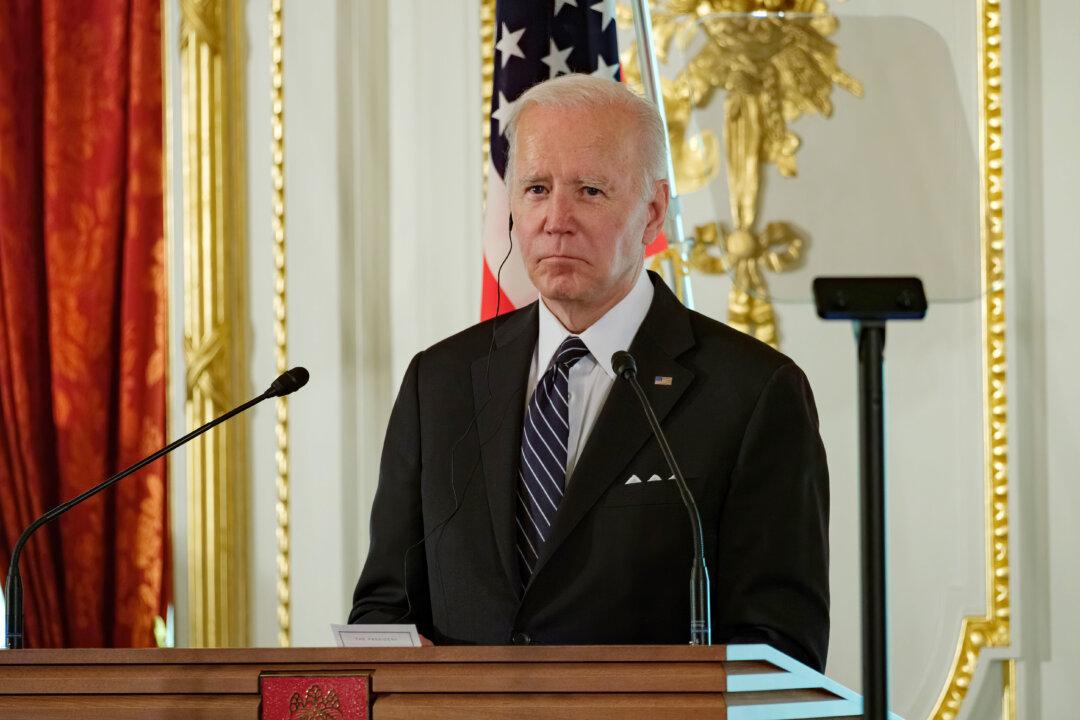White House officials scrambled to roll back comments made by President Joe Biden on May 23, when he said the United States would defend Taiwan militarily in the event of an invasion by China.
White House staff said that Biden was only reiterating the United States’ policy that it would provide military equipment to Taiwan, not advocating sending troops to defend it.




